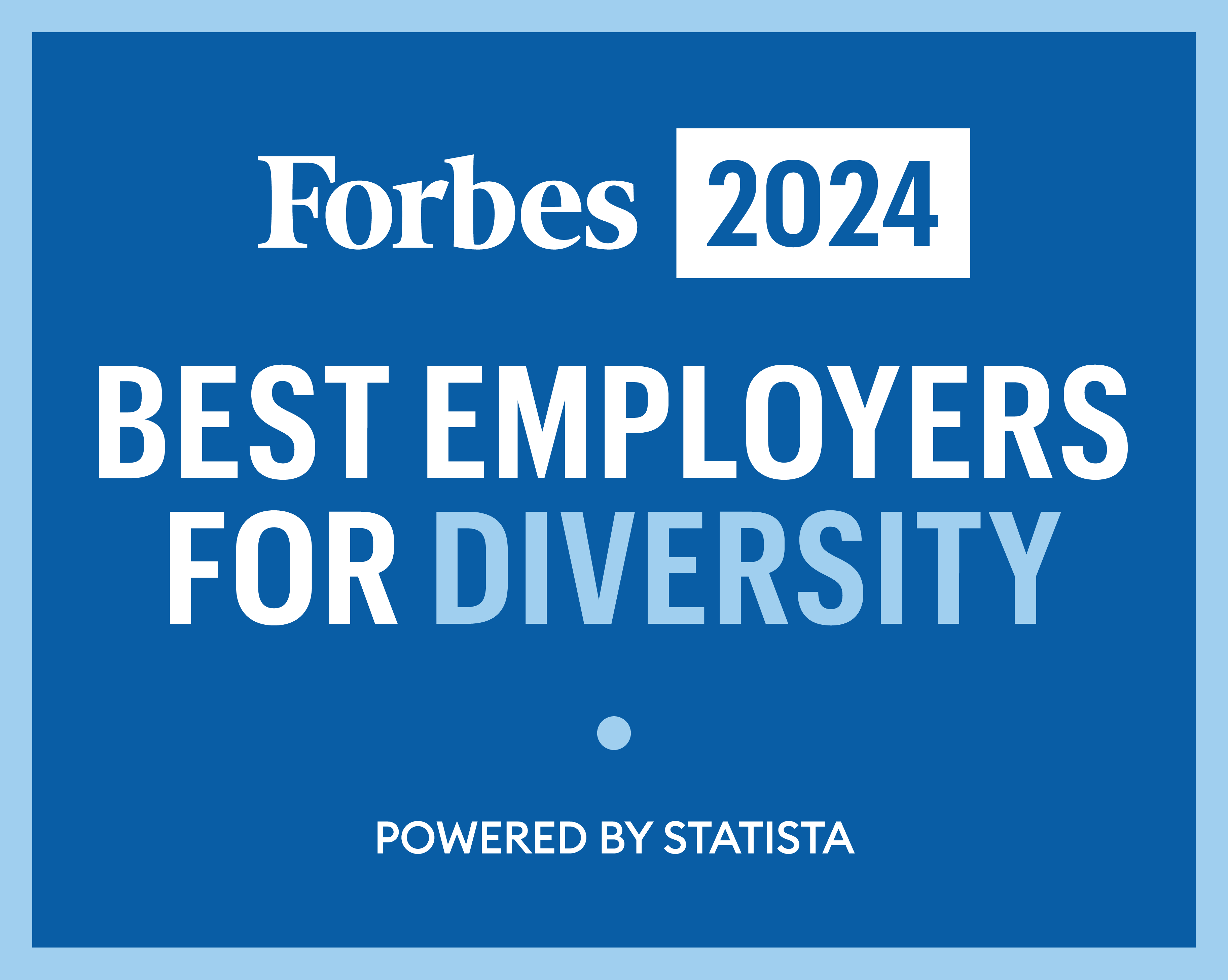Academic Coordinator I
Position overview
Application Window
Open date: June 30, 2025
Next review date: Tuesday, Jul 15, 2025 at 11:59pm (Pacific Time)
Apply by this date to ensure full consideration by the committee.
Final date: Tuesday, Jul 15, 2025 at 11:59pm (Pacific Time)
Applications will continue to be accepted until this date.
Position description
POSITION DESCRIPTION
NRT BEST PROGRAM COORDINATOR, BIOTECHNOLOGY PROGRAM
ACADEMIC COORDINATOR I
Program Mission:
Academic Coordinators are appointees who administer academic programs that provide service closely related to the teaching or research mission of the University. This service may be provided to academic departments, to organized research units, to students, or to the general public. Determination of the appropriate level for an appointment for an Academic Coordinator shall take into consideration such factors as program scope and complexity. The duties of an Academic Coordinator are primarily administrative. Individuals in an Academic Coordinator title who are assigned research or instructional duties are required to hold a dual title.
The Biotechnology Program, a Special Research Program under the Office of Research, was founded in 1986 to provide campus leadership in the development of public-private partnerships and interdisciplinary training programs for emerging technologies in the life sciences and engineering. Since its inception, the Program has served as a source of biotechnology expertise for a diverse array of state, national and international stakeholders, including scientific associations, governmental agencies, non-governmental organizations, multinational biotechnology companies and trade and both domestic and international research and training collaborators. Program directors serve as public intellectuals, giving media interviews, invited talks and workshops on biotechnology for national and international audiences. The Program also brings together a diverse group of public and private stakeholders to develop innovative campus educational programs, including formal academic coursework, short technical workshops, seminars and internships that lead to:
1) Doctoral graduates who have the soft skills and technical depth to pursue a variety of STEM careers across public and private sectors
2) Creation of start-up companies and public-private research collaborations by affiliated graduate students and faculty
3) Increased participation by underrepresented groups in STEM research, technology development, leadership and entrepreneurship
4) Rational assessment and understanding of new technologies by policy makers, investors, K-14 educators and other non-specialist audiences
Since 1997, the Program has served as the administrative home for the Designated Emphasis in Biotechnology (DEB), which is the largest DE on campus (~180 doctoral students, ~300 participating faculty). Notably, the Program has a long track record of securing and administering federal training grants for the support of interdisciplinary graduate education. Since the mid-1990’s, in total, the Program has provided budgetary oversight for ~$12 million in fellowships and traineeships, benefitting 80+ graduate students, and continues to lead collaborative multi-disciplinary and multi-institutional teams in the pursuit of NIH and NSF funding to support graduate education and biotechnology workforce development. Funded via a National Science Foundation Research Traineeship, the Bioindustrial Engineering for a Sustainable Tomorrow (BEST - NRT Award #2346053) program will immerse graduate students in a comprehensive traineeship during which they will acquire key technical and professional skills for bioindustrial engineering, enabling these cohorts of scientists and engineers to tackle global challenges in food security, environmental sustainability, and human and animal health. NRT BEST is the most recent extramural training award received by the Biotechnology Program and collaborating STEM faculty.
Role of the BEST Program Coordinator:
The BEST Program Coordinator reports to the Biotechnology Program Director and will play a key role in the development and implementation of the training program, working closely with the PI, additional Co-PIs and senior personnel, faculty trainers, program evaluators, and industry partners to ensure that program goals are met. The BEST Program Coordinator must have doctoral level expertise and professional experience in bioprocess engineering in order to successfully carry out their daily work, including coordination of graduate level curricula and workshops that align with current workforce needs in this area of biotechnology and maintaining frequent communications with industry partners. The BEST Program Coordinator will work closely with the Biotechnology Program staff and affiliated faculty trainers to implement the training program within the usual academic, financial, and located in Green Hall.
MAJOR RESPONSIBILITIES (0.75 FTE)
I. COORDINATION OF ACADEMIC PROGRAMS (85%) Academic Coordinators have primary responsibility for the administration and coordination of one or more programs and may have responsibility for directing the activities of other academic appointees or staff. The BEST Program Coordinator will be responsible for: 1) providing disciplinary expertise and project management oversight for program meetings, activities, and events, including a technical summer workshop and annual symposium; 2) working closely with the leadership team and Biotechnology Program staff to facilitate BEST trainee recruitment, selection, and award execution (e.g., review of appointment letters, participation in annual program budgeting); 3) engaging with program evaluators to facilitate program assessment; 4) maintaining all program records and databases, and working closely with the leadership team to prepare National Science Foundation annual reports, including communications with NSF program officers and attendance at the annual NSF NRT meeting in Washington DC; 5) developing a program communications strategy, including maintaining internal and external stakeholder listservs, the program webpage, and social media announcements; and 6) working closely with the Biotech Program director to regularly review project priorities and timelines that may need to adapt to changing campus, state, or federal policies related to bioindustrial engineering research, public-private partnerships, graduate education, etc.
II. PROFESSIONAL COMPETENCE AND ACTIVITY (10%) The candidate will maintain professional expertise in bioindustrial engineering and best practices for STEM higher education, participating in professional societies and conferences related to these fields and contributing intellectually to the development of the BEST industry-aligned graduate training program. The candidate may give oral presentations to public and professional interest groups, or at seminars, meetings or educational functions.
III. UNIVERSITY AND PUBLIC SERVICE (5%) The candidate will participate in the administration of their units and the University through appropriate roles in governance and policy formulation. In addition, they may represent the University in their special capacity as scholars during the discharge of their responsibilities. The candidate may engage in University service activities such as guest lecturing and committee service. Teaching classroom courses is not an expectation of this position.
Qualifications
The BEST Program Coordinator must have doctoral level expertise in a bioprocess related discipline and professional experience in a bioprocess engineering research environment.
Project management experience (e.g. events, workshops, grant reporting).
Experience coordinating college level educational programs in STEM.
Understanding of best practices for student recruitment and mentorship.
Familiarity with hands-on laboratory workshops coordination, including Environmental Health and Safety (EHS) training.
Application Requirements
Curriculum Vitae - Your most recently updated C.V.
Cover Letter (Optional)
Authorization to Release Information Form - This form is required for all applicants applying to academic recruitments. Please see the Employment Disclosure Requirements webpage for more information. Download, complete, sign, and upload the form.
- 3-5 required (contact information only)
Please provide contact information for 3 professional references. References will only be checked for final candidate.
Help contact: jbalderama@ucdavis.edu
About UC Davis
As a condition of employment, the finalist will be required to disclose if they are subject to any final administrative or judicial decisions within the last seven years determining that they committed any misconduct, are currently being investigated for misconduct, left a position during an investigation for alleged misconduct, or have filed an appeal with a previous employer.
- “Misconduct” means any violation of the policies or laws governing conduct at the applicant’s previous place of employment, including, but not limited to, violations of policies or laws prohibiting sexual harassment, sexual assault, or other forms of harassment, discrimination, dishonesty, or unethical conduct, as defined by the employer.
- UC Sexual Violence and Sexual Harassment Policy
- UC Anti-Discrimination Policy for Employees, Students and Third Parties
- APM - 035: Affirmative Action and Nondiscrimination in Employment
To implement this process, UC Davis requires all applicants for any open search to complete, sign, and upload the form entitled, "Authorization to Release Information" into UC RECRUIT as part of their application. If an applicant does not include the signed authorization with the application materials, the application will be considered incomplete, and as with any incomplete application, will not receive further consideration.
UC Davis is a smoke and tobacco-free campus (http://breathefree.ucdavis.edu/).
The University of California is an Equal Opportunity Employer. All qualified applicants will receive consideration for employment without regard to race, color, religion, sex, sexual orientation, gender identity, national origin, disability, age, protected veteran status, or other protected status under state for federal law.
Under Federal law, the University of California may employ only individuals who are legally able to work in the United States as established by providing documents as specified in the Immigration Reform and Control Act of 1986. Certain UC Davis positions funded by federal contracts or sub-contracts require the selected candidate to pass an E-Verify check. More information is available at: http://www.uscis.gov/e-verify
The University of California, Davis (UC Davis) is committed to creating a welcoming and inclusive environment for all employees and students. Our excellence in research, teaching, and service are embodied by members of our academic community who share our commitment to these values. A variety of resources and programs are available to academics, staff, and students that reflect the core values reflected in our strategic plan: “To Boldly Go,” our Principles of Community, the Office of Academic Affairs’ Mission Statement, and the UC Board of Regents Policy 4400.
UC Davis also is making important progress towards our goal of achieving federal designation as a Hispanic-Serving Institution (HSI). There are numerous links available on the About Us webpage where you can learn more about our administration, campus rankings, locations, campus safety, sustainability, visiting UC Davis and UC Davis Health.
The university is consistently ranked among the top institutions in the world for campus sustainability practices by the UI Green Metric World University Rankings. UC Davis is focused on achieving net-zero greenhouse gas emissions and repeatedly shown its commitment to preserving a healthy and sustainable environment for generations to come.
As a University employee, you will be required to comply with all applicable University policies and/or collective bargaining agreements, as may be amended from time to time. Federal, state, or local government directives may impose additional requirements.

